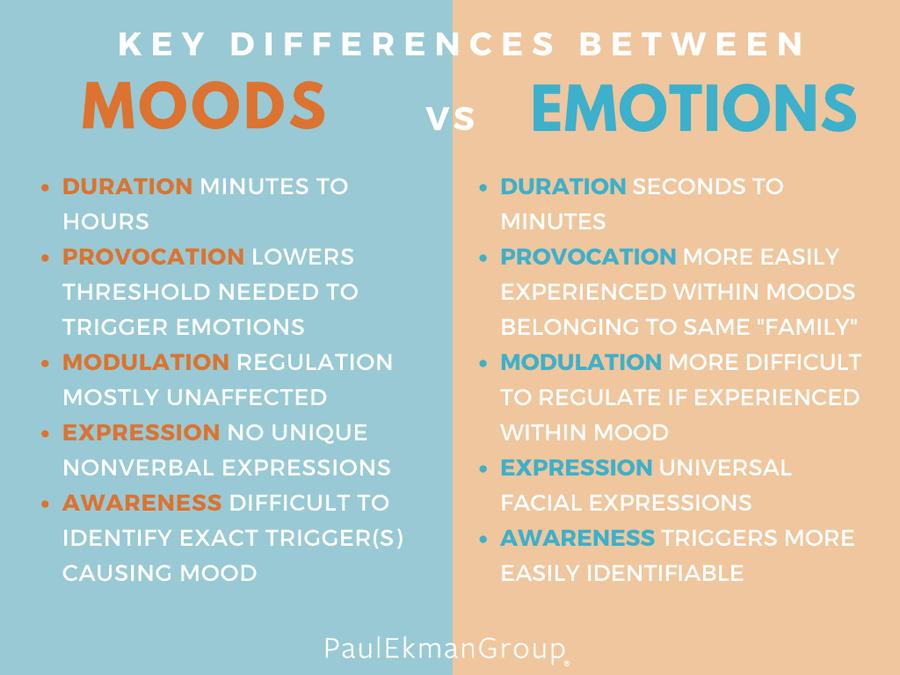Share Your Emotions
Finally, the authors recommend sharing your emotions. Your difficult conversations will remain unproductive if you are unwilling to share both the good and bad emotions associated with those conversations. Do not just state, “I am angry.” Instead, ask the other person why they find this conversation essential and provide a deeper reason for your emotions. Additionally, avoid accusatory exaggerations when explaining how the conversation makes you feel and why you feel this way.
839
2.29K reads
CURATED FROM
IDEAS CURATED BY
This book is based on the premise that we face difficult conversations daily. Have a read
“
The idea is part of this collection:
Learn more about communication with this collection
How to communicate effectively with difficult people
How to handle conflict
How to stay calm under pressure
Related collections
Similar ideas to Share Your Emotions
Manage your emotions
When emotions start to take over, remind yourself that the more in control you are of your emotions, the better you'll be able to deliver the message.
Emotions vs. Moods
In everyday language, people often use the terms "emotions" and "moods", but psychologists actually make distinctions between the two.
How do they differ?
An emotion is normally quite short-lived, but intense. Emotions are also likel...
Validate your own emotions
Defensiveness sabotages your ability to be a good listener. People become defensive when they feel threatened in a relationship.
The best way to avoid defensiveness and continue to listen well, even when you're upset, is to practice validating your own emotions. Say to yourself tha...
Read & Learn
20x Faster
without
deepstash
with
deepstash
with
deepstash
Personalized microlearning
—
100+ Learning Journeys
—
Access to 200,000+ ideas
—
Access to the mobile app
—
Unlimited idea saving
—
—
Unlimited history
—
—
Unlimited listening to ideas
—
—
Downloading & offline access
—
—
Supercharge your mind with one idea per day
Enter your email and spend 1 minute every day to learn something new.
I agree to receive email updates

